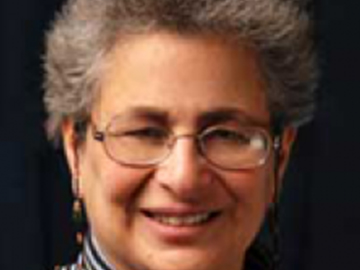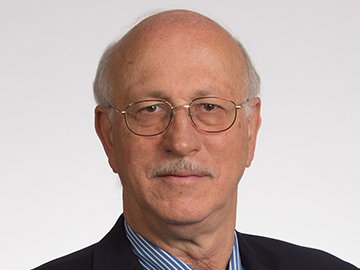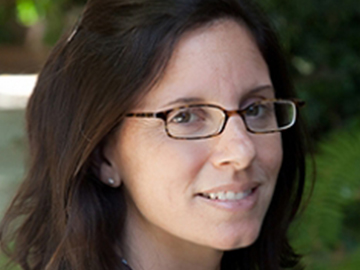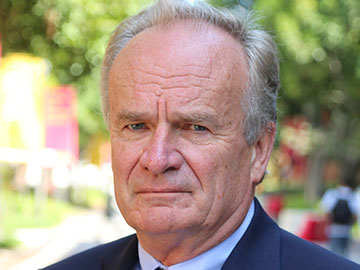





CREATE’s researchers develop and apply advanced analytic methods for guiding resource allocations to defend against terrorism, as well as catastrophic natural and human-caused disasters.
The risk of intentional attacks from terrorism is fundamentally different from other types of hazards, like accidents or acts of nature, as intelligent and adaptable adversaries will change offensive strategies and adapt their tactics to bypass or circumvent defenses. Approaches to risk assessment and management that may work well in other contexts (e.g., protecting against accidents or acts of nature) can fail to correctly quantify the risks from adversaries. Our techniques anticipate intelligent adversaries who may change their tactics to bypass or circumvent defenses.
In close connection with the Decision Analysis theme, our research team also extends probabilistic risk analysis, game theory, scenario analysis, and expert elicitation of risks and uncertainties to address the multi-attribute nature of catastrophic risk resulting from terrorism, natural disasters, and human caused accidents.
Supporting DHS and other government agencies, we develop new analytic methods that address contemporary risks issues across multiple threat domains. CREATE combines Risk Management and Operations Research to develop new methods that serve three needs:
1. Calculation of benefits of investments against both current risks and anticipated shifts in risks as new threats emerge.
2. Risk management systems designed to achieve multiple goals.
3. Systematic deterrence and dissuasion to influence adversary decisions, so terrorists act in ways that are easier to detect and more difficult to succeed.
Researchers


Robin Dillon-Merrill
Robin Dillon-Merrill is a Professor in the McDonough School of Business at Georgetown University and Area Coordinator for the Operations and Information Management Group…


Vicki Bier
Vicki Bier is a risk analyst and decision analyst specializing in probabilistic risk analysis for homeland security and critical infrastructure protection. Her current research interests include…


Williams Burns
William Burns completed his Ph.D. at the University of Oregon in Decision Science and subsequently held positions as a professor at the University of Iowa and UC Davis…


Scott Farrow
Scott Farrow is a Professor in the Department of Economics at UMBC, a branch of the University of Maryland and a Research Fellow at CREATE. Previously Dr. Farrow…


Richard John
Richard John serves as the Associate Director for Research at CREATE, professor in the Department of Psychology at the Dornsife College of Letters, Arts & Sciences at USC…


Adam Rose
Adam Rose is a Research Professor in the University of Southern California Sol Price School of Public Policy and a Research Fellow at CREATE. Previously, he held faculty…


Heather Rosoff
Heather Rosoff’s research focuses on using risk and decision analytic techniques to study the uncertainties surrounding terrorism. More specifically, her risk perception…


Paul Slovic
Paul Slovic studies judgment and decision processes with an emphasis on decision making under conditions of risk. His work examines fundamental issues such as the influence of…


Detlof von Winterfeldt
Detlof von Winterfeldt is a Professor at the Daniel J. Epstein Department of Industrial and Systems Engineering of the Viterbi School of Engineering and a Professor of Public Policy and Management…
Sample Papers
Thrift, S. and D. von Winterfeldt. 2020. “Risk Informed Benefit-Cost Analysis for Homeland Security RandD: Methodology and an Application to Evaluating the Advanced Personal Protection System for Wildland Firefighters,” Journal of Benefit-Cost Analysis, forthcoming.
Baucum, M., R. S. John, M. Mayorga, P. Slovic, W. Burns, K. Portney, and J. Mumpower. 2018. “The Dynamics of Risk Perception for Soft Target Terrorism,” in Proceedings of the Probabilistic Safety Assessment and Management (PSAM-14) Bi-Annual Conference. Los Angeles, Sept. 16-21.
